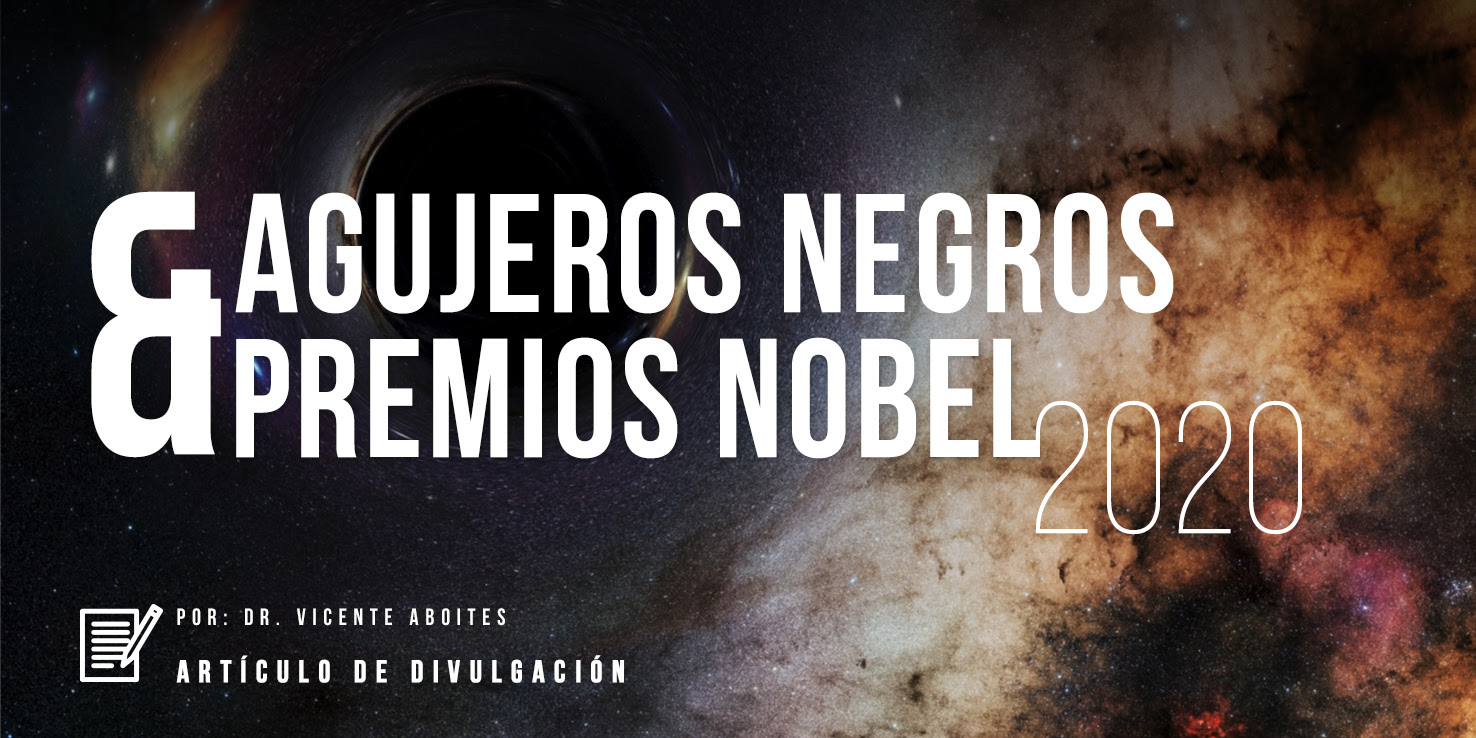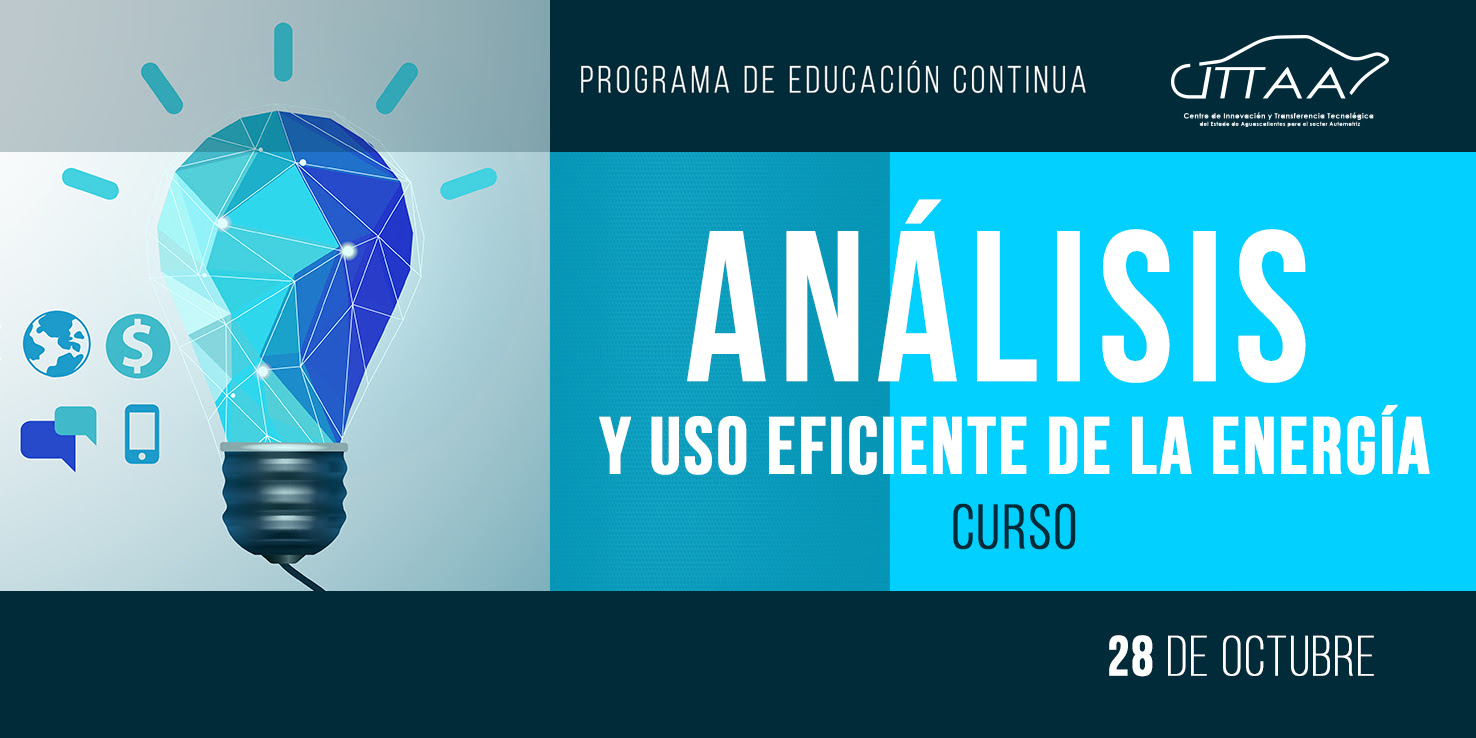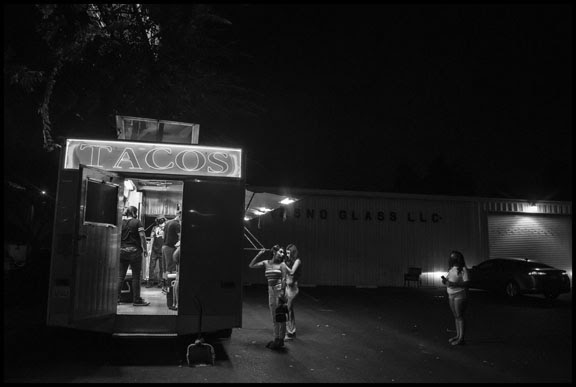“Art & Activism” invitation for the MCASD teen program
martes 13 de octubre de 2020 por Ana Lara
En: 1 Avisos y Eventos Generales
Boletín del Centro de Investigaciones en Óptica
martes 13 de octubre de 2020 por Ana Lara

1er Congreso de Ciencia, Tecnología e Innovación para el Desarrollo Social (CyTiS). Gratuito. Este 15 y 16 de octubre se presentan invenciones y desarrollos con perspectiva internacional de Centros Conacyt. Demos clic en imagen para más información.

Desarrollo tecnológico al servicio de la sociedad, crecimiento económico y calidad de vida. Video-Entrevista con el Dr. Gerardo Flores, titular del Laboratorio de Percepción y Robótica del CIO y de la Jefatura de Oportunidades Nacionales.

El pasado martes fueron anunciadas por la Academia Sueca de Ciencias las personas ganadoras del Premio Nobel de Física del presente año. El Dr. Vicente Aboites nos comparte sus apreciaciones sobre el tema y comenta la trascendencia de los hallazgos galardonados.

Solucionemos problemas en Calidad de la Energía. Inscripciones abiertas. El Centro de Investigaciones en Óptica, A.C. y el Centro de Innovación y Transferencia Tecnológica CITTAA, invitan al curso Análisis y uso eficiente de la energía. 28 de octubre.
En: 1 Avisos y Eventos Generales
Boletín del Consejo Mexicano de Ciencias Sociales (08/10/2020)
martes 13 de octubre de 2020 por Ana Lara

Inauguración de la 3a Semana Nacional de las Ciencias Sociales
Programa del VII Congreso Nacional de Ciencias Sociales
Análisis de datos cualitativos asistido con el software Atlas.ti
Técnicas, estrategias y recomendaciones para investigar y publicar en la era digital
Construcción de Textos Académicos
Doctorado en Trabajo Social y Políticas Sociales
Maestría en Ciencias con orientación en Trabajo Social
Diálogos hacia la construcción de la soberanía y seguridad alimentaria en México
ANUIES se pronuncia sobre la extinción de fideicomisos
Metodología IAP para la prevención de trabajo infantil
Conoce más sobre COMECSO
En: 1 Avisos y Eventos Generales
Presentación del libro Las nuevas políticas migratorias canadienses. Gobernanza neoliberal y anejo de la otredad
martes 6 de octubre de 2020 por Ana Lara
En: 1 Avisos y Eventos Generales
Red and brown Fresno – photoessay by David Bacon
martes 6 de octubre de 2020 por Ana Lara

RED AND BROWN FRESNO
By David Bacon
Capital and Main, 10/1/20
https://capitalandmain.com/fresno-red-and-brown-1001
https://
davidbaconrealitycheck.
blogspot.com/2020/09/red-and-brown-fresno.html

In Fresno’s barrio, the taco trucks stay open past midnight. Young women from the neighborhood, out for fun and not ready to sleep, stand in line with a worker leaving her shift at the huge Amazon warehouse on Orange Avenue, hungry on her way home.. Inside the truck masked cooks and servers bend and stretch to fill orders, working as hard as their customers who labor all day in fields and factories.
Masks in the taco truck are just one indication of Fresno County’s alarming COVID rate, with 27,560 cases and 355 deaths reported so far. For months the novel coronavirus has concentrated in the Latinx agricultural counties of the Central Valley. Urban Alameda County, for instance, with a much larger population, has a significantly lower rate – 20,579 cases and 374 deaths.
Fresno, crisscrossed by irrigation canals and railroad tracks, is the working-class capital of California’s San Joaquin Valley, a city where people speak Spanish as readily as English. On Fresno’s main drag, Blackstone Avenue, the glowing neon names of restaurants don’t bother much with English, and signs like «Central Valley’s cerveza» need no translation.
If weren’t for Mexicans, Fresno would never have become a city. In the wake of the violence that engulfed Mexico during its 1910-1920 revolution, tens of thousands fled north across the border. In Fresno they found work in the fields and homes in segregated barrios. Then countless families were pulled off the streets as the Depression deepened, loaded into boxcars and deported. Even U.S. citizens who looked Mexican were picked up and sent down to the border.
Racism and anti-immigrant hysteria were only part of the reason. Fresno in the early ’30s was a city of class upheaval. Thirty-two years before the 1965 grape strike in Delano, Mexicans rose up in an earlier vineyard rebellion – the 1933 Fresno grape strike opened a labor war that shook California. Strikers lost the battle in Fresno, but their union and its Communist organizers then moved 60 miles south and launched the largest farm labor strike in U.S. history. Forty thousand cotton pickers defied grower vigilantes, despite the murder of three strikers, and won wage raises even in the heart of the Depression.
Today the street in front of the Azteca Theater is hauntingly empty at night during the pandemic. But the oldest residents of Fresno’s barrios undoubtedly remembered those earlier conflicts when Cesar Chavez, Larry Itliong, Dolores Huerta and a column of grape strikers stopped in front of the Azteca Theater on F Street in 1966. The strikers were marching from Delano to Sacramento, and hundreds of local farmworkers turned out to hear Chavez speak in the street outside the theater.



